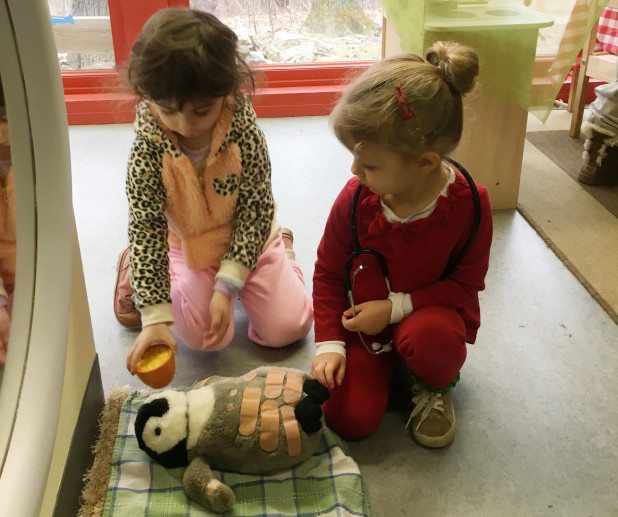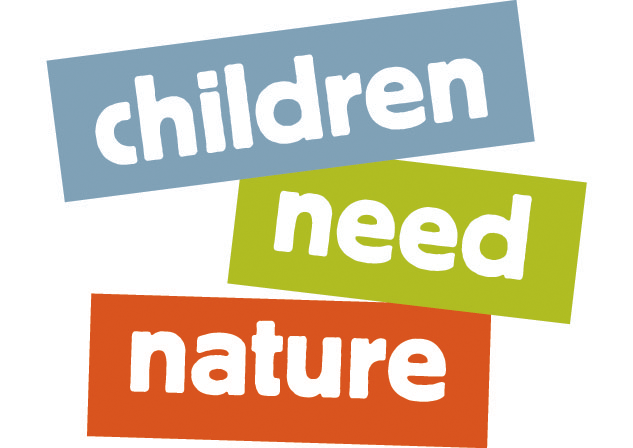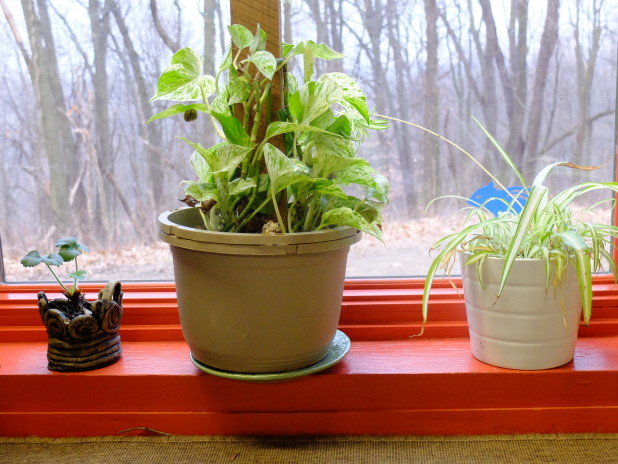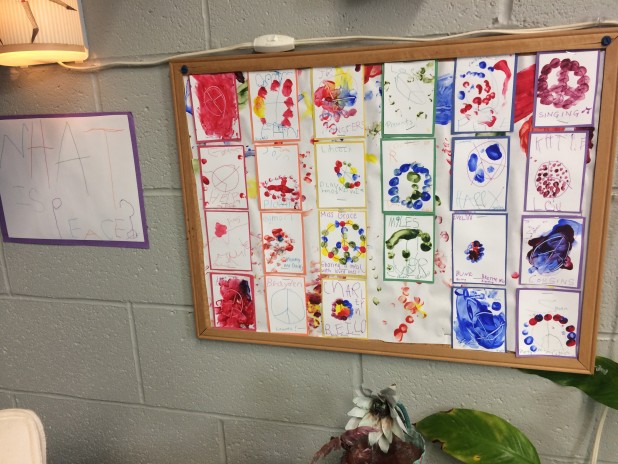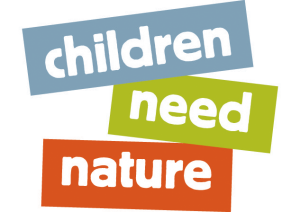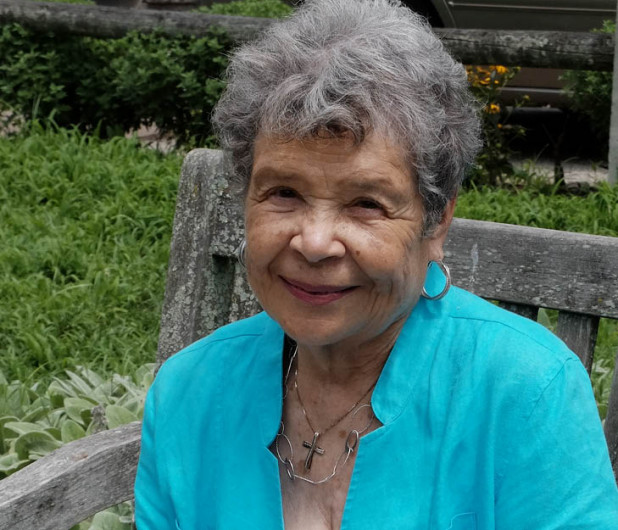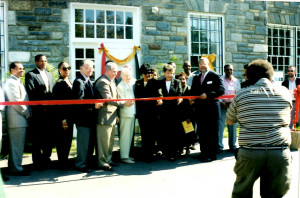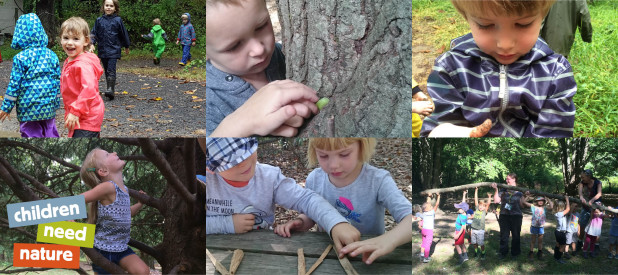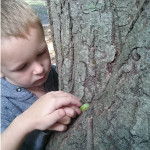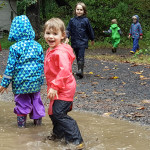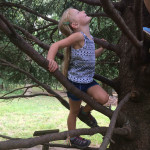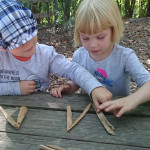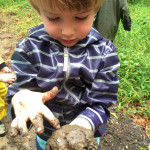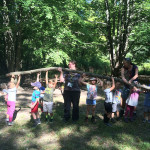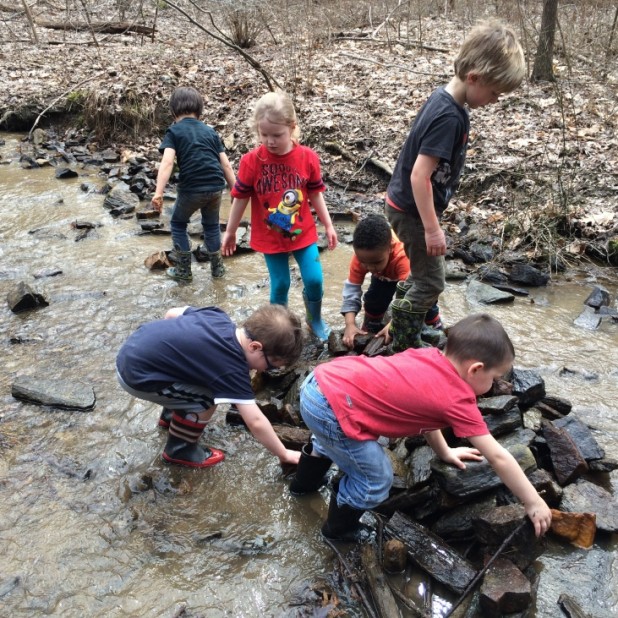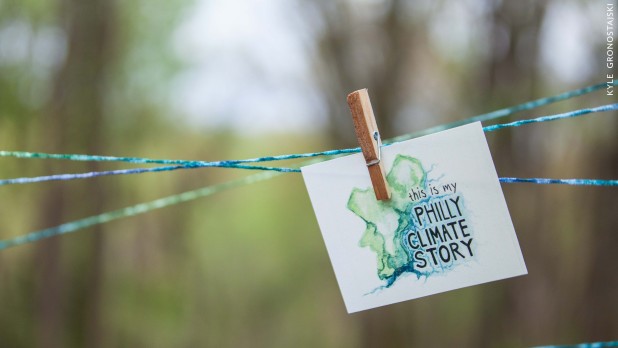By Elisabeth Zafiris, Acting Director of Education
On February 23rd the Schuylkill Center will welcome Robert Thomas, a founder and principal of Campbell Thomas & Co. Architects and Planners, as our 6th Annual Richard L. James Lecturer. This year we’ll be talking about The Circuit – a remarkable network spanning the region and connecting urban, suburban, and rural communities.
Thomas dedicated over 40 years advocating for parks, trails, and greenways, planning and building the green infrastructure that Philadelphians and visitors are fortunate enough to call their own. Thomas served on the original committee that created the Schuylkill River Trail, and was involved in drawing the first maps of The Circuit, an ever-growing network of regional trails. A lifelong cyclist, Thomas himself knows how important these trails are; for decades, Thomas has biked everywhere he goes, never owning a car. The Circuit Coalition, in turn, brings together 72 organizations to promote these 750 miles of trails. Continuing this work, Thomas advocated for bikes to be allowed on SEPTA trains, working alongside the Bicycle Coalition of Philadelphia. It’s safe to say that he’s a strong champion for the rich trail system we enjoy today.
Thomas brings his rich experience and perspective on trail systems to the annual lecture. He’ll discuss how The Circuit was created and regional vision to “Connect The Circuit” by linking all 750 miles of trails. Turning our attention to the future, Thomas will explore the coalition that has gathered around The Circuit and discuss the trail system’s future.
The Circuit trails are of special interest to the Schuylkill Center – our property borders the immensely popular Schuylkill River Trail. At the James Lecture Executive Director Mike Weilbacher will share details how the Center’s master plan invigorates our connection to the Schuylkill River Trail.
In the meantime, visit us – and come via the River Trail! Thomas recommends taking the Septa Manayunk/Norristown line to the Miquon station, walking the River Trail to the Schuylkill Center’s back entrance, and then walking up the back of the property – it’s route he recently took himself, and one that demonstrates what he thinks is the future for transportation – a linkage of cycling, public transit, trails, and roads that serve all people and places.
Past James lecturers include Kenneth Finch who spoke about the importance of keeping nature play in children’s lives in 2013 – coinciding with the announcement of our Nature Preschool, which opened later that year. In 2014, Dr. Michael Suk discussed the health benefits of nature; and, in 2015, Sarah Wu, of the city’s Office of Sustainability, walked a crowded auditorium through how climate change will affect Philadelphia’s future. The Richard L. James Lecture is an opportunity to think deeply about important environmental and regional issues, and this year’s lecture will be no exception.
This essay first appeared in the Winter 2017 Quill, our members’ newsletter.


